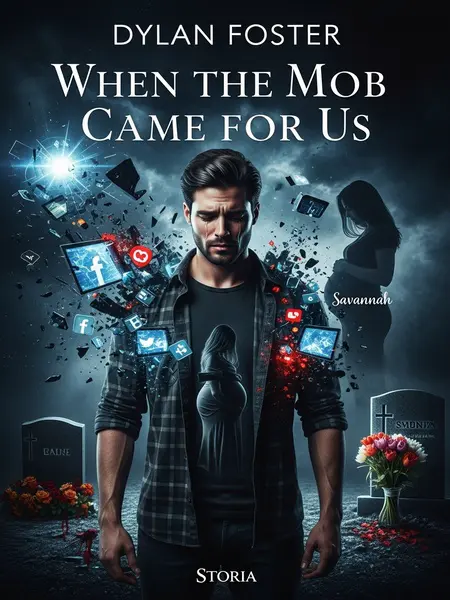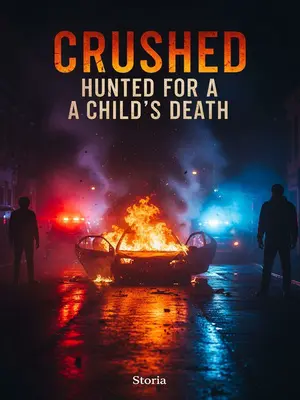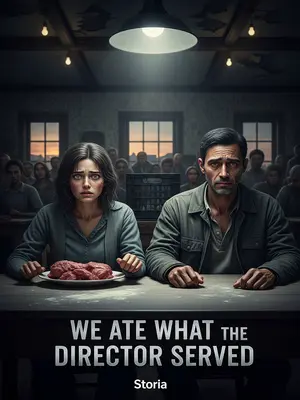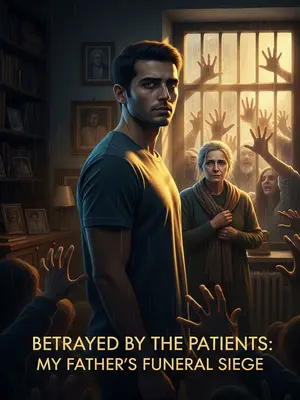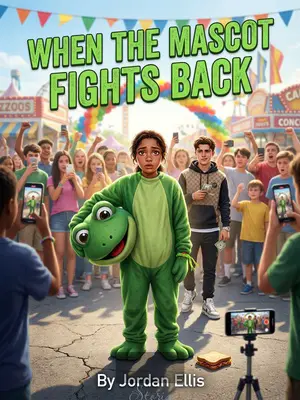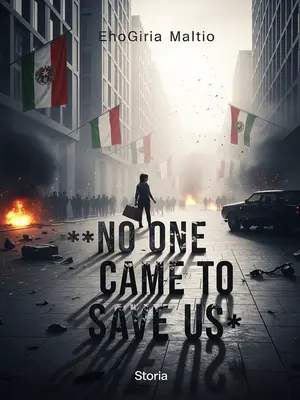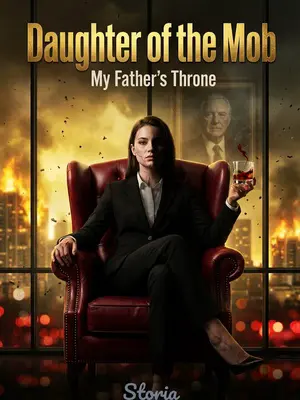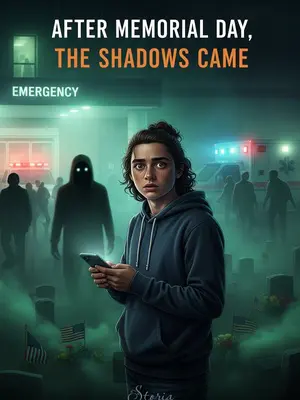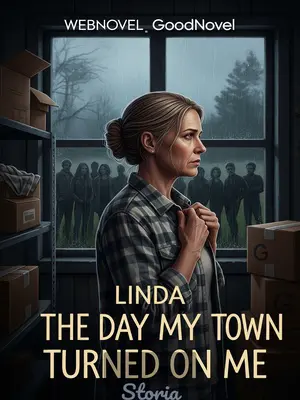Chapter 6: The Alliance
It was a double blow—one physical, one psychological. The wounds ran deep, and there was no escape.
It was like walking along a cliff at midnight, shrouded in despair, unable to see the road ahead.
Every step felt dangerous, every day a struggle. I clung to Savannah, and she clung to me, but we were both slipping, inch by inch, toward the edge.
My only hope was that the lawyer would gather evidence quickly so I could file a lawsuit and let the law grant us justice—for us and our child.
I checked my phone obsessively, waiting for updates. I called the lawyer every day, begged him to work faster. It was the only thing keeping me going.
But I never expected Savannah wouldn’t live to see that day.
I thought I could protect her, that we’d make it through together. But I was wrong. The world was too cruel, the pain too much.
After we returned home, the online abuse only intensified.
The threats grew more specific, more violent. People posted photos of our building, our door, our cars. I started sleeping with a baseball bat by the bed.
All our personal info was exposed.
Our phone numbers, our social security numbers, even our bank accounts. Strangers sent us pennies on Venmo, with messages like "Rot in hell" and "Murderer."
We got abusive phone calls every day.
Some were from blocked numbers, others from local area codes. I stopped answering, but the voicemails piled up, each one more vile than the last.
Some played creepy nursery rhymes, some cursed wildly, and some were even more sinister, spewing threats.
One night, a call came in at 3 a.m.—a distorted voice whispering Savannah’s name, promising to finish what we started. I unplugged the phone, but the fear lingered.
There were always more than ninety-nine unread messages, friend requests on Facebook and Instagram, comments on Twitter, even in the comment sections of random apps—malice flooded every corner.
No matter where we went, what we did, the hate followed. We were prisoners in our own home, trapped by invisible walls.
Savannah didn’t dare touch any electronic devices or go out to face the neighbors’ stares.
She stopped checking her phone, deleted her social media accounts, drew the curtains tight. She wouldn’t even go to the mailbox without me.
In just a few days, she lost a lot of weight, her eyes grew dull, as if she’d aged ten years.
She moved like a ghost, drifting from room to room. Her laughter, once bright and infectious, was gone. She barely spoke, barely ate. I tried to reach her, but she was slipping away.
I was barely holding on—heartache, anxiety, anger… all kinds of emotions weighed on me day after day.
I stopped sleeping, stopped eating. I snapped at strangers, at friends, at myself. The world felt gray and hopeless. Every day was a battle just to get out of bed.
One day, when I went downstairs to buy groceries, I found my car covered in eggs and shaving cream, with a note on the window listing Mary Miller’s hospital address.
The sight made me gag. The note was scrawled in red marker, the letters jagged and angry. I crumpled it in my fist, fighting the urge to scream, my stomach turning at the mess and humiliation.
Randy’s greedy, leering face flashed through my mind.
I saw him everywhere—in the shadows, in my nightmares. His voice haunted me, mocking and cruel.
I punched the car window.
The glass didn’t budge, but blood trickled from my knuckles.
Pain blossomed in my hand, sharp and bright. It felt good, in a twisted way—a reminder that I was still alive, still capable of feeling something other than despair.
I was consumed by hatred!
I wanted revenge. I wanted justice. I wanted the world to see what they’d done to us.
Why is it that if you’re weak, you’re right, but if I’m successful, I’m guilty?
The question echoed in my mind, over and over. Why did the world root for the underdog, even when the underdog was a liar and a thief?
Is the truth really so worthless? Will people just let their hearts tip blindly, covering their own eyes?
I stared at my reflection in the car window, searching for answers. All I saw was a broken man, lost and alone.
“Mr. Foster, please wait. I’m an entertainment streamer from StreamHub. I’d like to interview you about your situation and reveal the truth to the public.”
Her voice was bright and chipper, at odds with the storm swirling around me. She wore a designer jacket, her hair perfectly styled, phone held up like a weapon.
At the entrance to the complex, a young woman stopped me.
She blocked my path, smiling wide. I recognized her from Instagram—her face was everywhere these days. She was famous for "exposing the truth," or so she claimed.
I vaguely remembered her as an internet influencer.
Her videos had millions of views, her followers hung on her every word. I wondered how many lives she’d ruined, how many stories she’d twisted for clicks.
Now, with online opinion overwhelmingly supporting Mary and her son, my own clarification video had no effect. Maybe, with her help, I could finally reveal the truth.
Desperation made me reckless. I agreed to the interview, hoping against hope that someone would finally listen.
Hope flickered in my heart. I steadied myself and told her the whole story of that rainy night’s staged accident.
I spoke slowly, carefully, laying out every detail. I begged her to see the truth, to help me set the record straight. My hands shook, but I forced myself to keep going.
The girl pointed her phone at me. “So, you admit you hit Randy and pushed Mary that night? I want to give you a chance to set the record straight—get your side of the story out there.”
Her question was sharp, accusatory, but with the practiced tone of someone who wanted a viral headline. I felt my stomach drop. Was she even listening to me?
I was stunned. After all I’d said, this was her focus?
I stared at her, mouth open. She didn’t care about the truth. She only wanted a soundbite, something juicy for her followers.
Suppressing my frustration, I answered patiently, “Yes, I admit I acted violently, but my wife was in the car about to give birth—her life was on the line. Anyone faced with a scam like that would lose their temper.”
I tried to explain, to give context, but I could see she wasn’t interested. She just wanted a confession, a headline.
“I believe most people can understand. I hope everyone will judge fairly and not be misled.”
I looked straight into the camera, pleading with the audience. Please, I thought. Please, just listen.
“So, you think people online are just sheep, have no judgment, and are all keyboard warriors?”
She pressed me, nearly shoving the phone in my face, her voice rising with the excitement of a live TikTok stream.
Now I understood completely.
It hit me like a punch to the gut. She wasn’t here to help. She was here to exploit me, just like everyone else.
What interview to clarify the truth? What restoring the facts? All just empty talk!
I felt foolish, exposed. I wanted to run, to hide, to scream. But I knew it wouldn’t matter. The damage was done.

